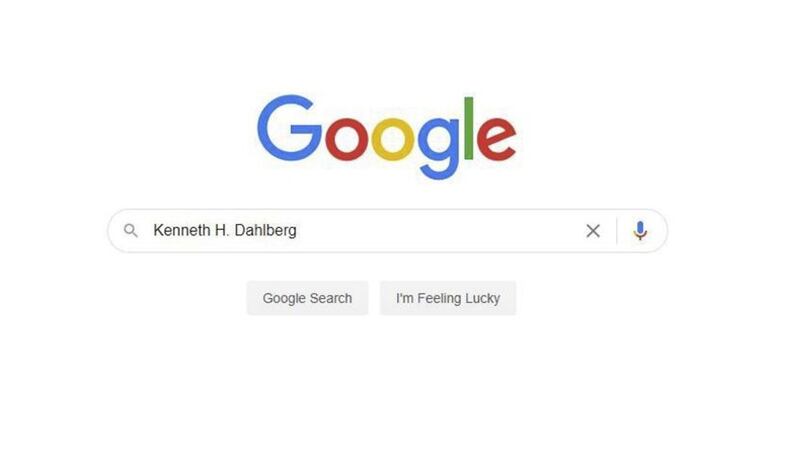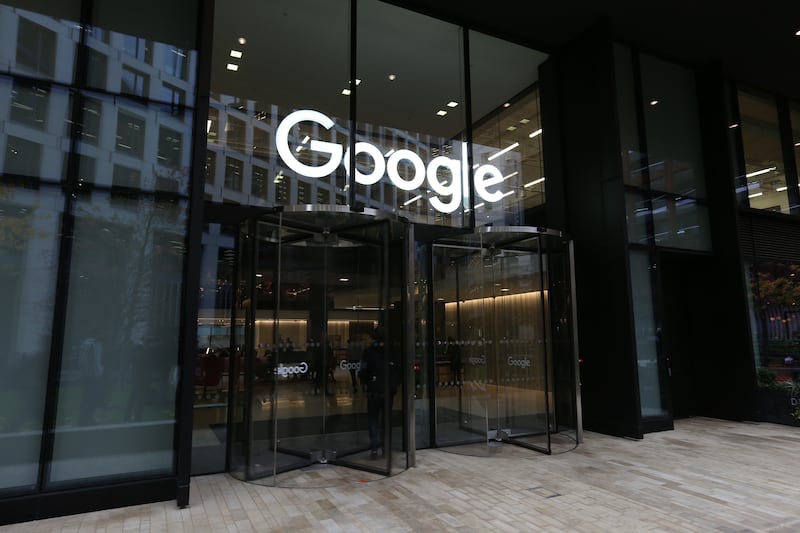THE lockdown film club that has set up camp in our living room over the past few months has arrived at one of the destinations all self-respecting film clubs must inevitably visit.
I don't mean Charles Foster Kane's Xanadu, North by Northwest's Mount Rushmore or Christopher Nolan's Gotham City, though we've been to all of these, and more.
No, I'm talking about the Rocky series, which we've been watching in order on Saturday evenings.
I realise I shouldn't really be telling you any of this. After all, the first rule of lockdown film club is that you do not talk about lockdown film club.
Last week's fist-pounding action was courtesy of Rocky IV. If you're not as familiar with Sylvester Stallone's oeuvre as you really should be, then you will want to know that this movie sets our eponymous hero at the heart of a subtle and sensitive examination of the geopolitical tensions of the Cold War through the - still surprisingly underused - hermeneutic of dialectic pugilism.
Along with genuinely great boxing action and an iconic soundtrack, a pleasing feature of the Rocky canon is how montage sequences form an ever-increasing proportion of each film.
This can be expressed using a simple formula: if Rocky = Rocky + n, where n denotes the sequel number, then Rocky + n total running time = n(montage + 2x), where x is the square root of Stallone's chest measurement. Caution should obviously be exercised when correcting for VHS, DVD and Blu-ray variations.
Rocky IV sets our eponymous hero at the heart of a subtle and sensitive examination of the geopolitical tensions of the Cold War through the - still surprisingly underused - hermeneutic of dialectic pugilism
Montage is a useful way for the film-maker to compress time. We don't need to follow Rocky for weeks to understand that he has been training for ages - seeing him chop logs, lift a cart and run up a mountain thigh-deep in snow gives us the general idea.
There is a brilliant montage sequence in All the President's Men, a film which all journalists should be contractually obliged to watch.
Woodward and Bernstein, the two Washington Post reporters investigating the Watergate scandal, are trying to track down an individual called Kenneth H Dahlberg.
While Bernstein, played by Dustin Hoffman, works the phone, Woodward, played by Robert Redford, digs in at the Post's library, surrounded by mountains of paper - telephone directories for different states, volumes of Who's Who and numerous other reference books.
Eventually a photograph leads them to Dahlberg, and the story moves on. But the point is that it took the real 'Woodstein' hours and hours of fruitless labour to get to that one nugget of information.
I've always admired the scene as a brief but glorious celebration of the long and inglorious effort that lies behind much journalistic endeavour.
To my 11-year-old son, however, the whole thing was as anachronistic as the steam engine or the Cold War of Rocky IV.
"I'm so glad we have Google," he said with the bemusement of a digital native.
There's a discussion to be had about how Google, or for that matter Facebook, Amazon and Apple, design their algorithms to decide what information to put in front of us when we log on or search for something, whether that be Kenneth H Dahlberg (Google brings up his Wikipedia entry at the top of its results), the price of petrol or 'which Rocky film is the best?' ('All of them' is the correct answer).
But apart from that, all these digital corporations really do is make it easier to do the things we were already doing before they came along.
They're efficiency tools that are also ruthlessly effective at hoovering up advertising revenue and distracting their users from either other, rival digital platforms or more worthwhile, analogue encounters.
I don't particularly want to go back to the days when a stack of telephone books was an essential requirement for every newsroom.
But nor will anyone ever write a film scene which involves Robert Redford typing 'Kenneth H Dahlberg' into Google.








